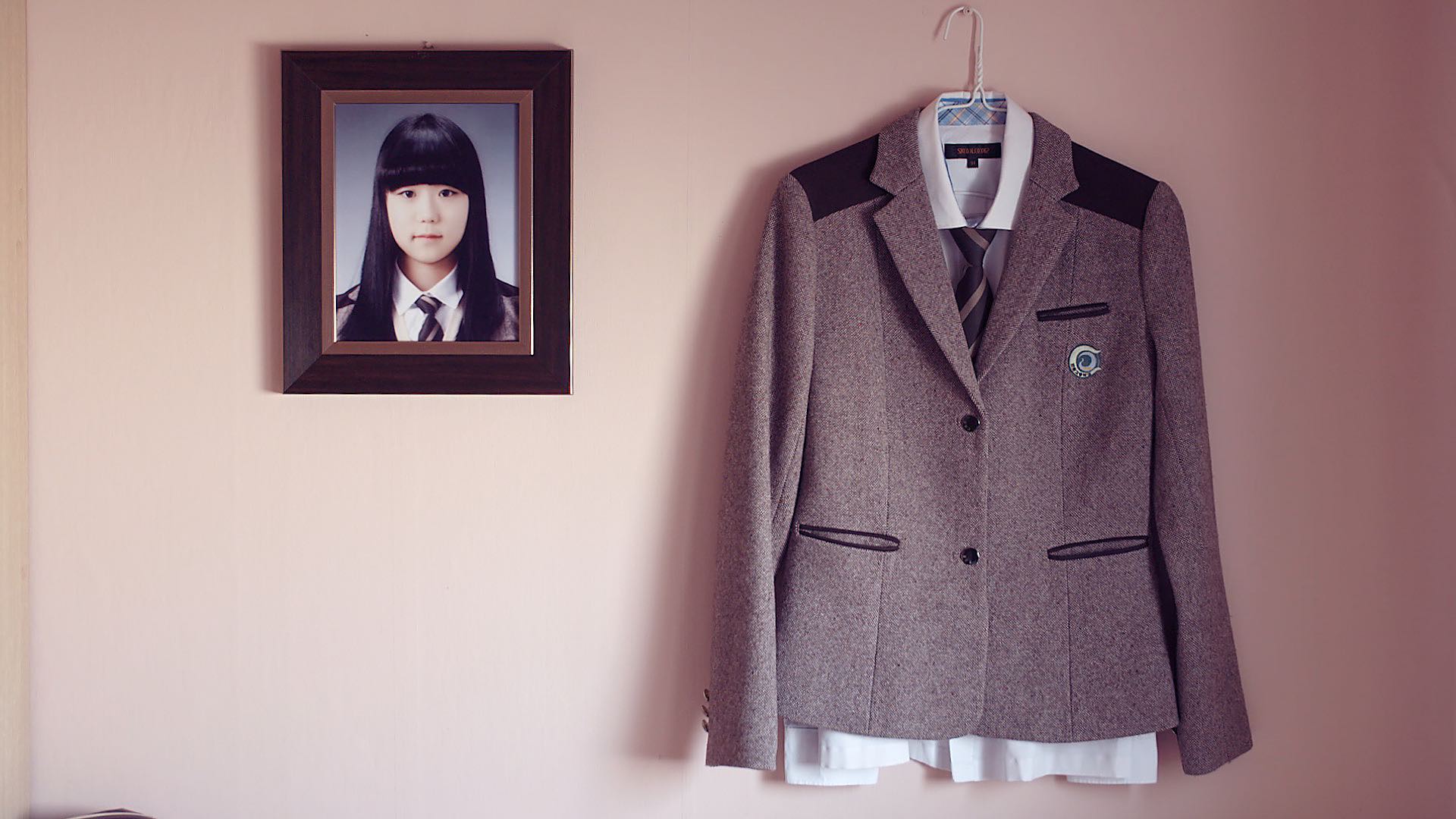In the face of tragedy there is a need for answers. Why did this happen? Whom is to blame? We need stories to make sense of the darkness and the absurdity of massive loss, and with 2014’s Sewol ferry accident, where 304 people died in an unexpected, seemingly pointless manner, the need has been great.
As Nils Clauss, the director of Last Letters readily admits, there have been many investigative documentaries looking into the disaster and its causes—victims groups, along with the Korean public at large, have had adequate reason to find official responses lacking in both explanation and accountability. As a celebrated visual director of award-winning music videos though, and a noted cinematographer in his adopted home country, Clauss wanted to create something deeper, something that didn’t simply concern itself with the who and what of this event that has haunted Koreans, but wrangle with deeper themes of space, time, and the intractability of loss, yet, in the process, explore the hope for healing.
Last Letters is a documentary—the backbone of the film is comprised of interviews with the families of 8 victims as they share their pain and regret. These excerpts are unusually moving, even for the genre. Yet the film is so much more than that. It is a deeply felt and imagined meditation, a tone poem on absence, and sympathy for a bereaved’s sense of the universe’s indifference.
Visually, the film combines dreamy steadicam photography of the spaces formerly inhabited by those now gone, along with profiles of their loved ones whom still navigate those spaces daily. Memory is a ghost, rooms becomes shrines. You never see a person talking in the film, yet the subjects are photographed, complete with cheesy photo backdrops like you’d see at a mall-store portraiture shop. It’s a commemoration of the new family unit, and an implicit reminder of those who will not be making it—empty chairs laid out for respect, their memory still so present, so tangible, though not physical.
Clauss contrasts these man-made spaces with artfully composed shots of nature: forests, rolling surf, grassy fields, situating the specifics of loss within the context of a natural order that is austere and ever-shifting. Within these shots of the outdoors, are slo-mo images of individuals running—racing themselves to exhaustion. The contrast of frantic lives charging against immutable nature is profound.
Clauss is one of the most interesting directors in documentary right now, largely because he does not come from documentary, allowing for a level of visual play and scripting in his work that, while increasingly accepted, is still rare in the form. Last Letters is part two of a proposed Korea short film trilogy, with the excellent Bikini Words being the first installment, and the forthcoming Plastic Girls being the last. He is also wrapping up a feature doc called This Island is Ours, and frequently does commercial work through his company CONTENTED.

 Jason Sondhi
Jason Sondhi